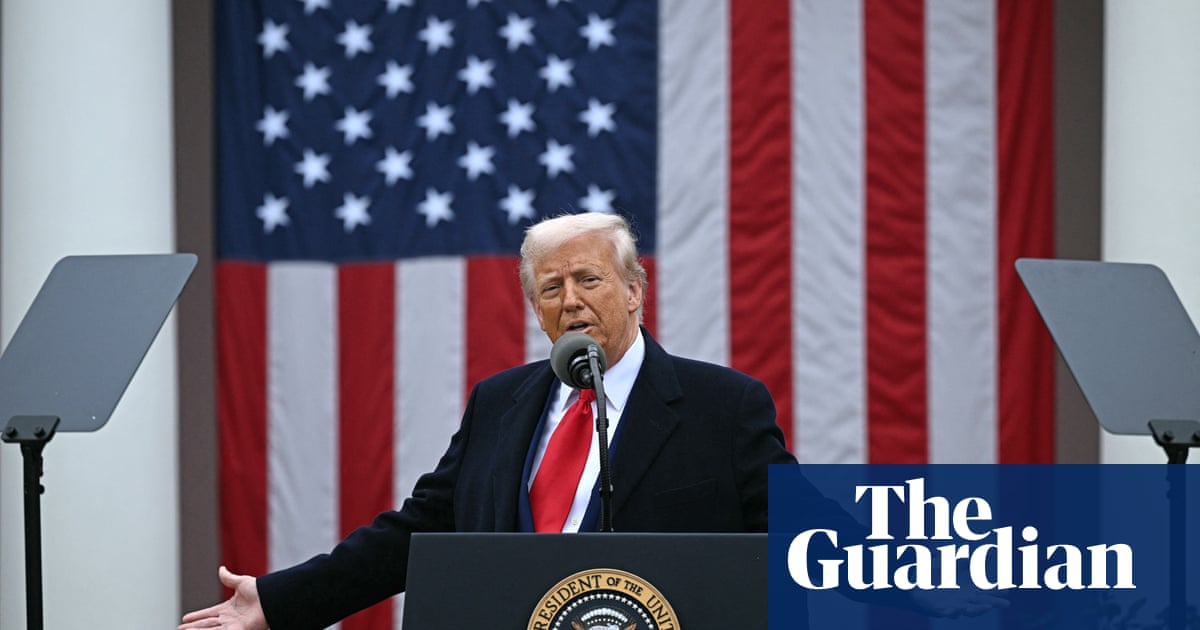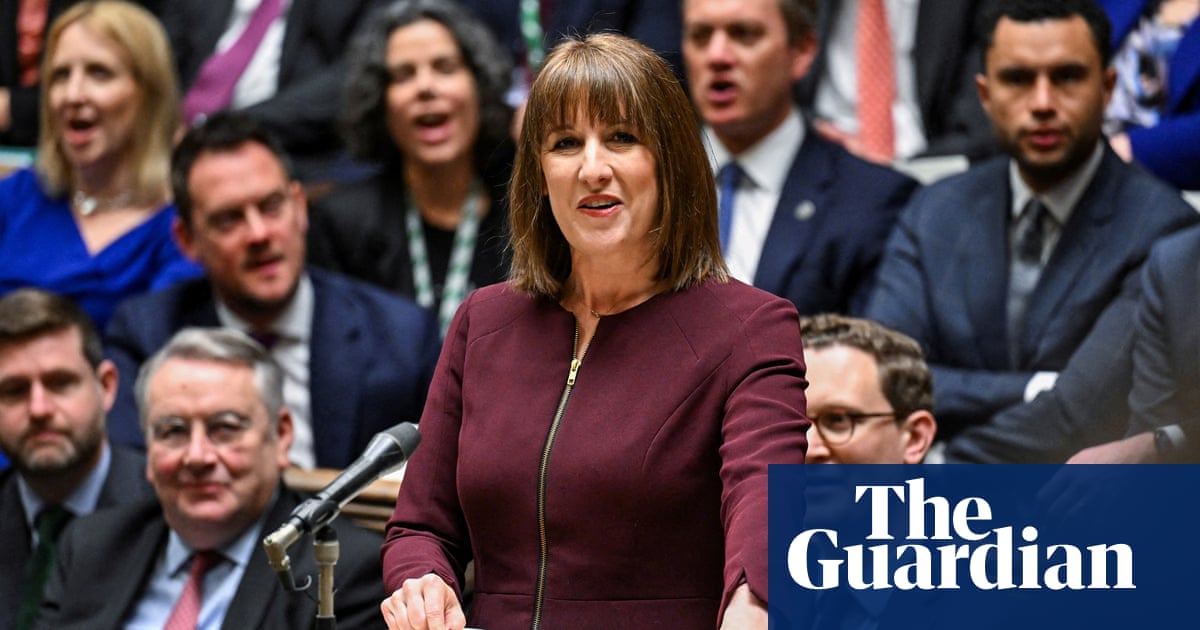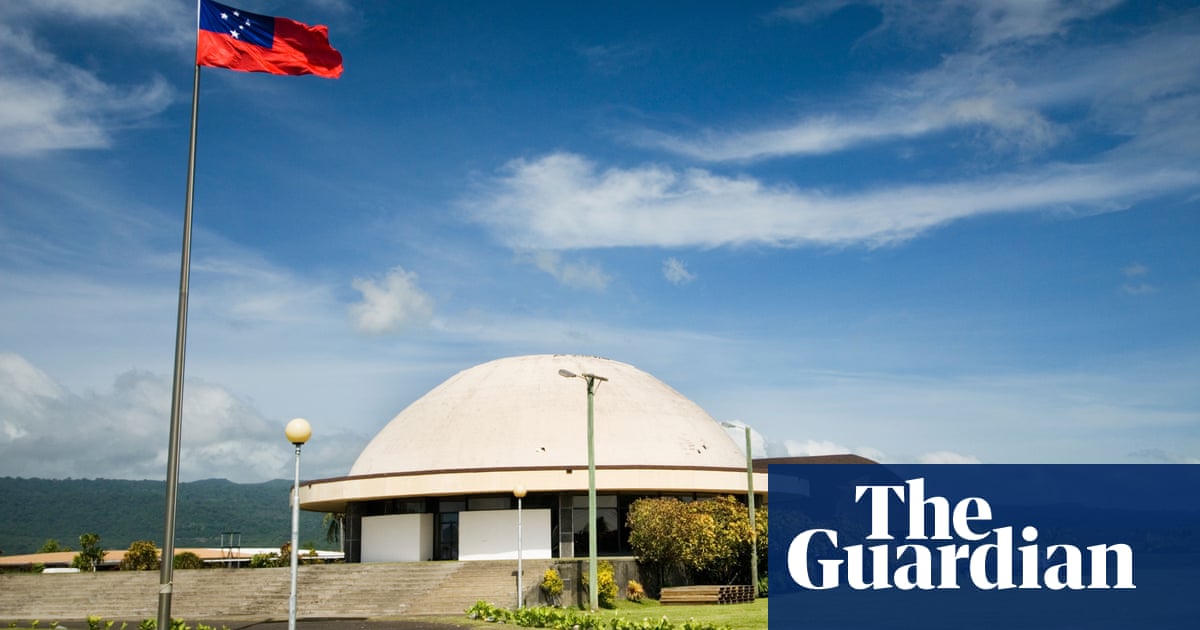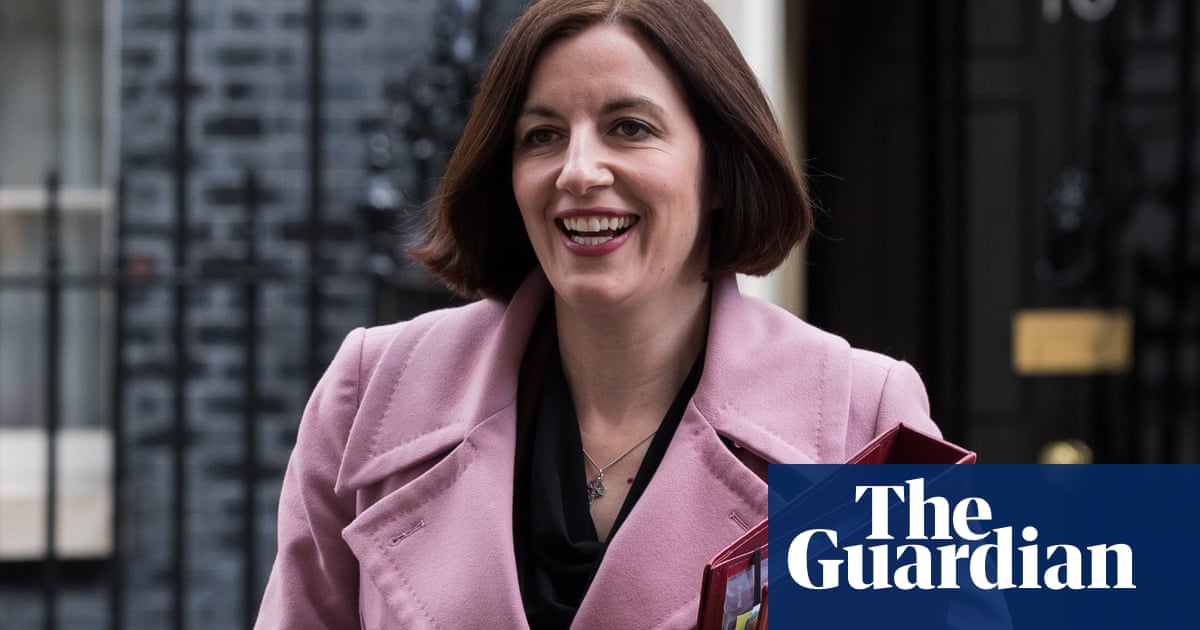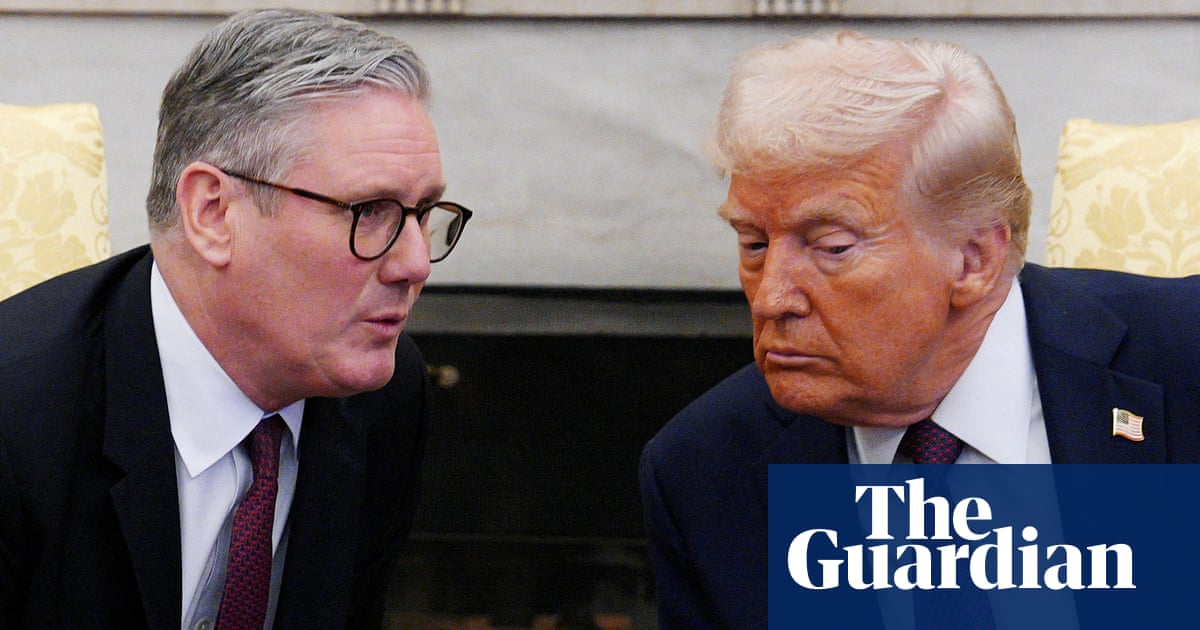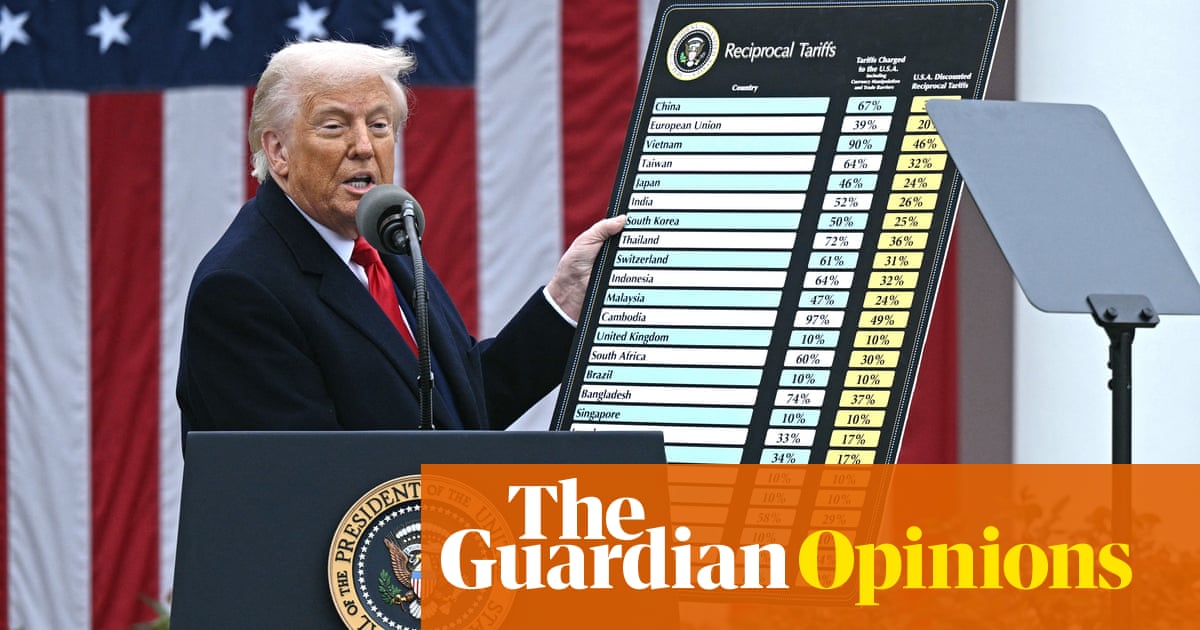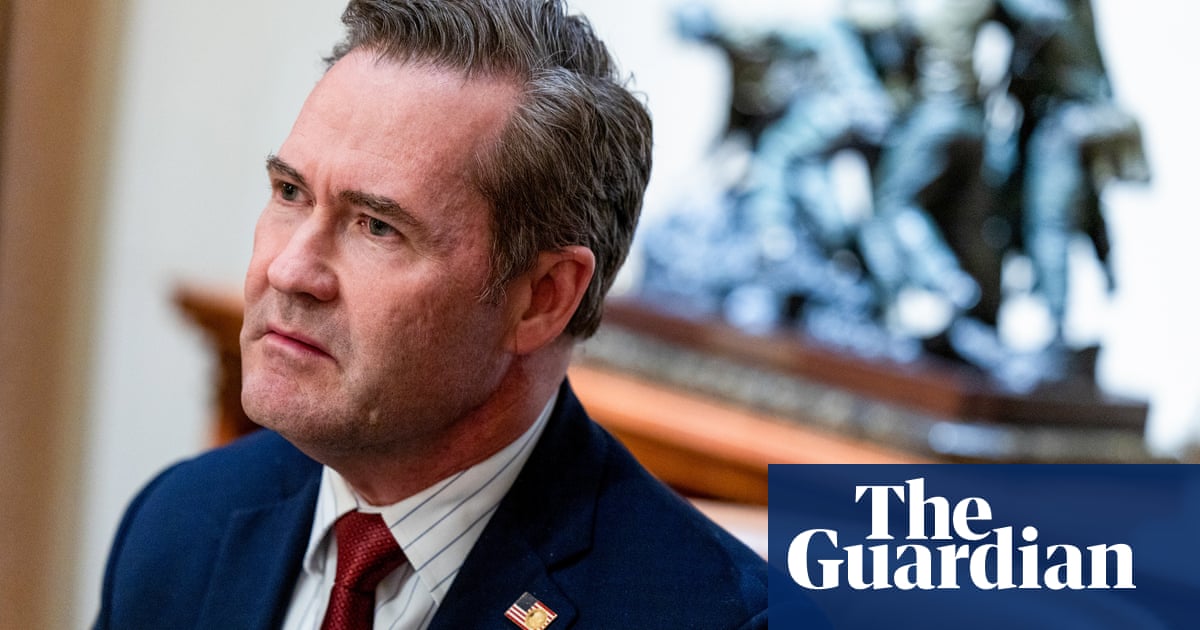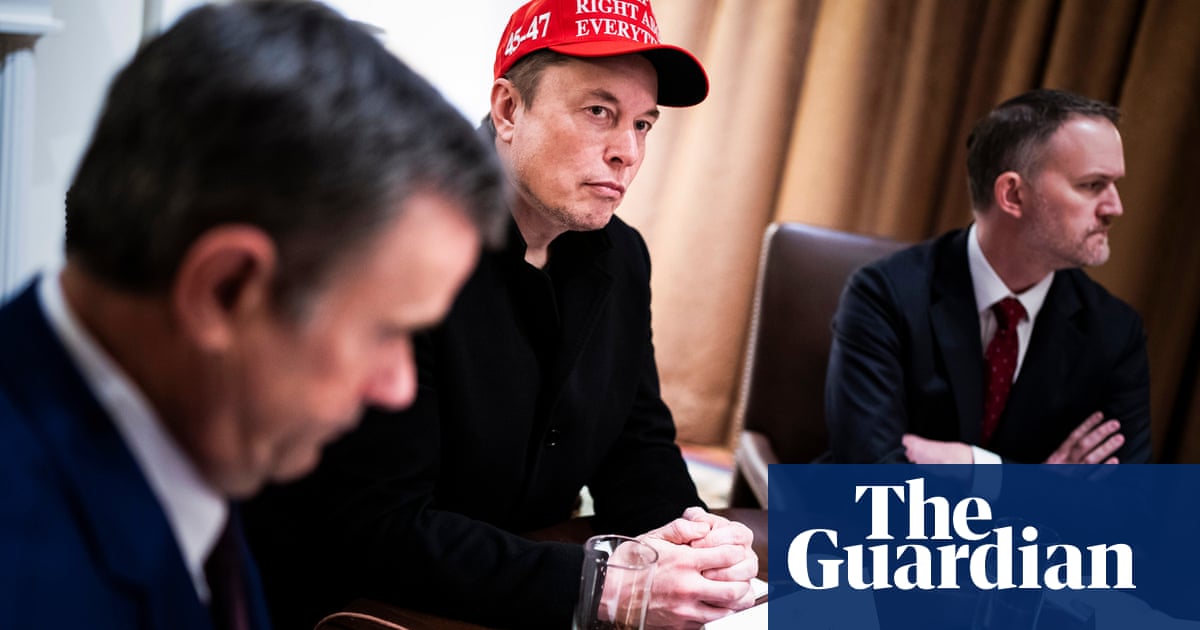US state department officials have challenged Britain’s communications regulator over the impact on freedom of expression created by new online safety laws, the Guardian understands.
A group of officials from the state department’s Bureau of Democracy, Human Rights, and Labor (DRL) recently met with Ofcom in London. It is understood that they raised the issue of the new online safety act and how it risked infringing free speech.
The state department body later said the meeting was part of its initiative “to affirm the US commitment to defending freedom of expression, both in Europe and around the world”. During the meeting, Ofcom officials said the new rules were only in place to deal with explicitly illegal content, as well as material that could be harmful to children.
Asked about the meeting, which is understood to have taken place in March, a state department spokesperson said: “As vice-president Vance has said, we are concerned about freedom of expression in the United Kingdom. It is important that the UK respect and protect freedom of expression.”
Details of the meeting emerged after Jonathan Reynolds, the business secretary, denied that concerns over free speech had featured in tariff negotiations with the US. There had been reports that a deal could be jeopardised over the case of anti-abortion campaigner Livia Tossici-Bolt, who was prosecuted for an alleged breach of a safe access zone outside a Bournemouth abortion clinic. The verdict is expected on Friday.
It follows months of pressure from figures close to President Trump over free speech. Some have accused the UK government of failing to protect free expression, especially after the riots that took place last summer.
In February, the US vice-president JD Vance complained of “infringements on free speech” in the UK. Elon Musk, one of Trump’s closest allies, repeatedly claimed that some prison sentences handed down to people who incited the riots on X were a breach of free speech. X hosts accounts by figures including Tommy Robinson and Andrew Tate, who were accused of inciting people to join Islamophobic protests.
Since the riots last summer, the online safety act has been implemented as a way of regulating illegal online content. During a visit to the UK, the US state department team held meetings with Ofcom, the Foreign Office and the Alliance Defending Freedom (ADF), a US group that funds and campaigns on conservative issues.
Among the group was Samuel D Samson, who previously worked for US conservative organisations. He was appointed as a senior advisor at the DRL in January after Trump’s victory. On the day of last year’s US election, he tweeted: “Today we choose God over Pagan idols.”
He has previously taken a close interest in freedom of speech issues, writing about the topic in the American Conservative magazine. The DRL’s interest in Britain marks a pivot by an agency originally set up in the 1970s to advance democracy around the world against the backdrop of the cold war. Rather than Britain’s domestic affairs, the DRL’s advocacy has focused on the Middle East, Russia and China.
An Ofcom spokesperson said: “This meeting was part of Ofcom’s regular engagement with a range of international stakeholders seeking a factual briefing on how the online safety act works, in practice, to protect UK citizens.”
The online safety act applies to all sites and apps that publish user-made content, as well as large search engines. It lists 130 “priority offences”, which include issues such as child sexual abuse, terrorism and fraud.
Mark Jones, a partner at the law firm Payne Hicks Beach, said Ofcom was not “clamping down on free speech”. He said that in practice, it delegated to the platforms about how they monitor content, beyond illegal material. “An example is in relation to misogynistic and hypermasculine content,” he said. “Ofcom wrote to social media platforms to urge them to go “above and beyond” their legal obligations under the Online Safety Act, even though the content itself isn’t illegal.
“Free speech advocates say that this is going to bring about a culture of “if in doubt, cut it out” as platforms seek to avoid being subject to Ofcom’s enforcement powers. On the other side we have Musk and [Meta chief executive Mark] Zuckerberg who have spoken out about the online safety laws in the UK and “institutionalising censorship”. Duties in relation to misogynistic content, for example, are voluntary unlike the requirements to tackle illegal content and child safety.”

 1 day ago
8
1 day ago
8


